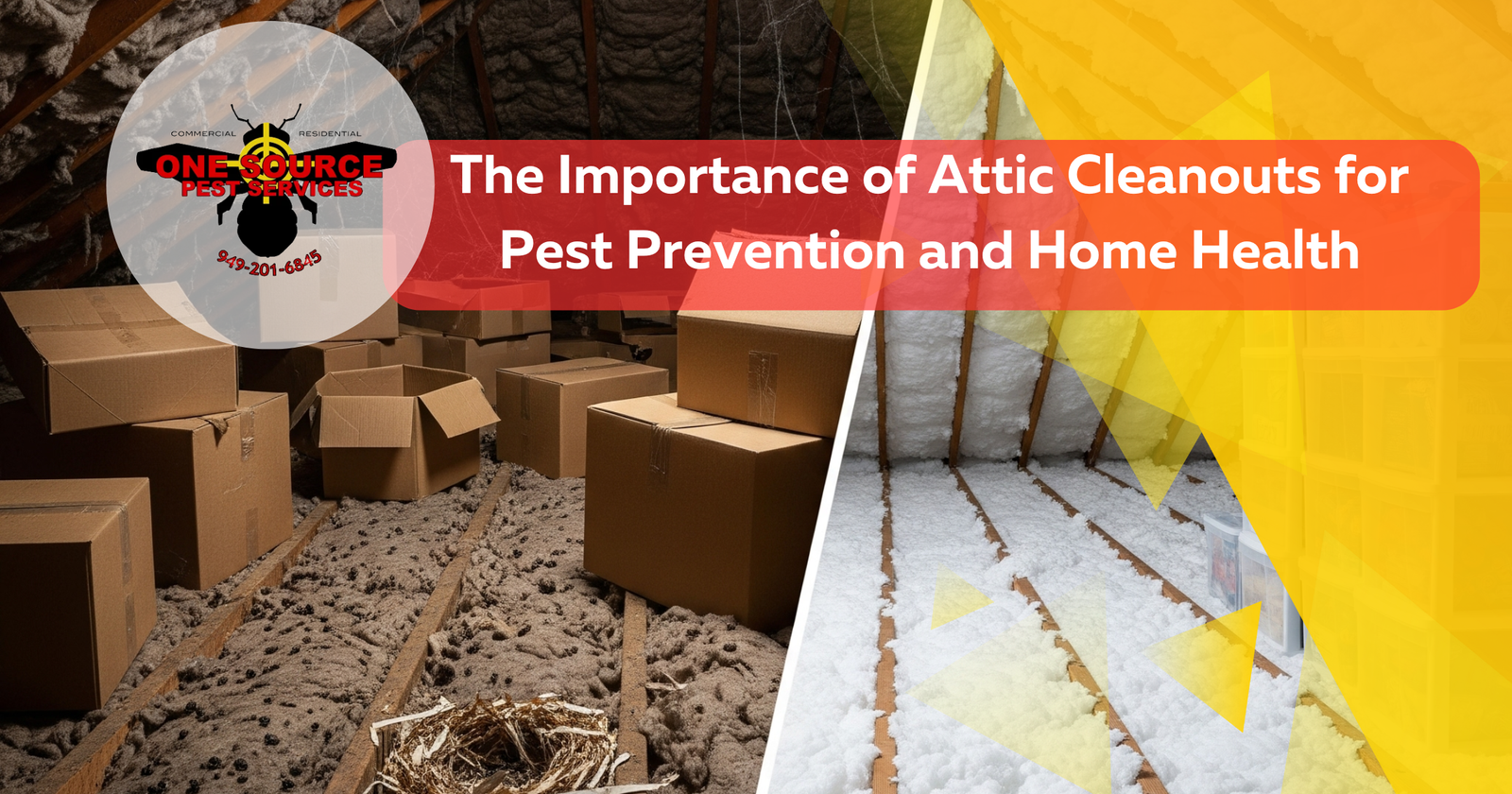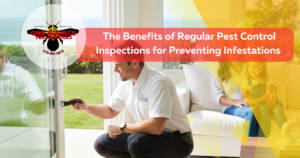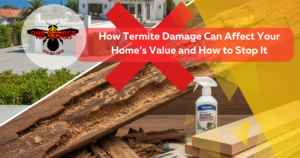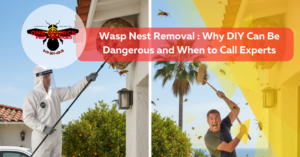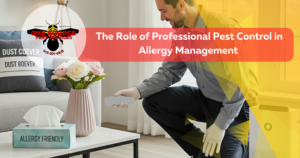Introduction
Your attic might be out of sight, but it should never be out of mind. This often-forgotten space can become a breeding ground for pests, mold, dust, and allergens, all of which impact the health of your home and the people living in it. Regular attic cleanouts are crucial not just for pest prevention but also for improving air quality, energy efficiency, and overall home safety.
Why Attic Cleanouts Matter
Attics are commonly used for storage, which means boxes, insulation, and old furniture accumulate over time. This makes them ideal hiding spots for pests like rodents, bats, squirrels, cockroaches, and insects. Even worse, the mess can trap moisture, leading to mold growth and poor air circulation.
Keeping your attic clean is the first line of defense against these hazards. Here’s why:
- Blocks pest access and nesting areas
- Removes allergens, dust, and spores
- Allows for structural damage inspections
- Boosts indoor air quality
- Supports better energy insulation
Common Signs Your Attic Needs Cleaning
Not sure if your attic needs attention? Watch for these red flags:
- Scratching or scurrying noises at night
- A musty or moldy odor from upstairs
- Uneven temperatures in your home
- Visible droppings, nesting materials, or chewed wires
- Excessive dust buildup or cobwebs
Pests That Love Dirty Attics
Your attic provides warmth, shelter, and nesting materials, an ideal environment for many pests. Common attic invaders include:
- Rodents (mice, rats, squirrels): Chew wires and insulation, spread disease.
- Bats: Leave behind guano, which poses respiratory risks.
- Raccoons: Damage insulation and leave behind hazardous waste.
- Cockroaches and silverfish: Thrive in dark, damp spaces.
- Termites and carpenter ants weaken wood structures.
A clean attic eliminates these conditions, reducing the risk of an infestation.
How Attic Cleanouts Improve Home Health
● Better Air Quality
Dust, mold spores, and pest droppings in your attic circulate through your home via the HVAC system. Cleaning the attic helps maintain cleaner air and reduces respiratory issues.
● Lower Risk of Allergies and Asthma
Mold and rodent waste are common attic allergens. Removing these irritants can drastically reduce allergy and asthma flare-ups.
● Eliminates Dangerous Waste
Rodents and pests leave behind urine, feces, and decomposing carcasses, all of which can introduce dangerous bacteria and viruses into your home.
Attic Cleaning vs. Decontamination: What’s the Difference?
- Attic Cleaning involves removing dust, debris, and unused items.
- Attic Decontamination includes cleaning up biological waste, mold, and sanitizing the area.
If your attic has had any pest infestation in the past, opt for decontamination services to ensure all pathogens are eliminated.
Steps in a Professional Attic Cleanout
- Inspection: Identifying pest activity, structural damage, and mold.
- Decluttering: Removing stored materials and waste.
- Vacuuming: Using HEPA vacuums to remove fine dust and allergens.
- Sanitizing: Applying eco-safe cleaning solutions and disinfectants.
- Repairs & Insulation: Sealing gaps, repairing damage, and replacing contaminated insulation.
When to Schedule an Attic Cleanout
The best times to schedule an attic cleanout are:
- Before spring: Prepares for increased pest activity.
- After any pest removal, clean and sanitize droppings or nesting material.
- Before insulation upgrades, ensure a clean surface for installation.
- Annually, as part of a general home maintenance plan.
DIY vs. Hiring a Professional
While you can certainly perform a basic attic cleanup yourself, hiring a professional ensures:
- Proper use of protective equipment
- Safe disposal of hazardous waste
- Identification of hidden pest activity
- Thorough cleaning with specialized tools
If there’s evidence of rodents, mold, or insulation damage, it’s best to leave it to the experts.
Preventive Tips for Keeping Your Attic Clean
- Seal Entry Points: Block gaps, cracks, and vents.
- Install Screens: Prevent critters from entering through roof vents.
- Declutter Seasonally: Don’t let unused storage items accumulate.
- Use Airtight Containers: If storing items, protect them from pests.
- Schedule Annual Inspections: Early detection is key.
Conclusion: Invest in Your Home’s Health and Safety
Ignoring your attic could be costing you your health, comfort, and peace of mind. A cluttered or pest-infested attic affects more than just storage space; it affects your home’s air quality, energy efficiency, and safety. Regular attic cleanouts are a small investment that pays off in big ways.
Don’t wait until you hear something crawling overhead, book a professional attic cleanout and breathe easier knowing your home is safe and clean.

